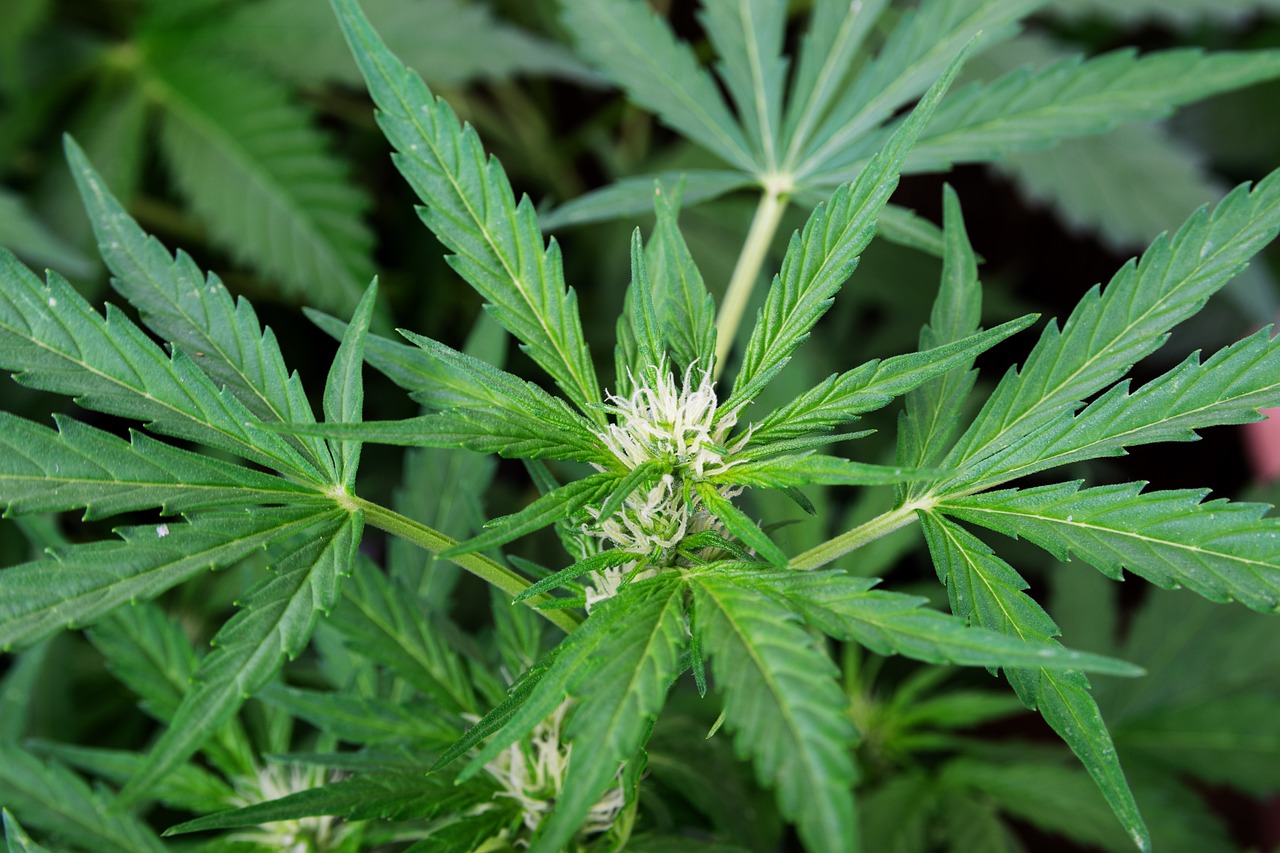
The world of cannabis is evolving rapidly, with new products and compounds emerging regularly. One such compound gaining attention is THCA, or tetrahydrocannabinolic acid. Unlike THC, THCA is non-psychoactive in its raw form, but it can convert to THC when heated. This unique characteristic has sparked interest and debate regarding its legal status, especially concerning THCA flower from https://indacloud.co/thca-flower. This article explores the current legal framework surrounding THCA flower, providing insights into its implications for consumers, businesses, and regulators.
Understanding THCA and Its Properties
THCA is a cannabinoid found in raw and live cannabis plants. It is the precursor to THC, the compound responsible for the psychoactive effects of cannabis. When cannabis is dried, cured, or heated, THCA undergoes decarboxylation, transforming into THC. This process is what makes cannabis psychoactive when smoked or vaporized.
THCA itself does not produce a high, which has led to its popularity among those seeking the potential therapeutic benefits of cannabis without the psychoactive effects. Research suggests that THCA may have anti-inflammatory, neuroprotective, and anti-emetic properties, although more studies are needed to confirm these effects.
The Legal Status of THCA Flower
The legality of THCA flower is complex and varies significantly across jurisdictions. In many places, cannabis laws focus on THC content, often setting a legal threshold for what constitutes hemp versus marijuana. This distinction is crucial for determining the legality of cannabis products.
- United States: Under the 2018 Farm Bill, hemp is defined as cannabis with less than 0.3% THC on a dry weight basis. THCA is not explicitly mentioned, leading to varying interpretations. Some argue that THCA flower falls under the definition of hemp if it meets the THC threshold, while others contend that its potential to convert to THC makes it illegal.
- Canada: Cannabis is legal for both medical and recreational use, but products must be sold through licensed retailers. THCA flower is generally treated like other cannabis products, subject to the same regulations and restrictions.
- European Union: The EU has a similar THC threshold for hemp, but individual countries have their own regulations. This creates a patchwork of laws that can be challenging to navigate for businesses and consumers.
Case Studies: Legal Challenges and Developments
Several legal cases and regulatory developments highlight the challenges and uncertainties surrounding THCA flower. These examples illustrate the diverse approaches taken by different jurisdictions and the ongoing debates about its legality.
- United States v. Hemp Industries Association: This case involved the DEA’s attempt to classify hemp-derived cannabinoids as controlled substances. The court ruled in favor of the Hemp Industries Association, affirming that cannabinoids derived from hemp are legal under the Farm Bill, provided they meet the THC threshold.
- California’s Cannabis Regulations: California has one of the most developed cannabis markets in the U.S., but its regulations are complex. The state allows the sale of THCA products, but they must be tested and labeled according to strict guidelines. This includes testing for potential THC conversion.
- European Court of Justice Ruling: In a landmark decision, the European Court of Justice ruled that CBD derived from the entire cannabis plant is not a narcotic. This ruling has implications for THCA, as it suggests a more lenient approach to non-psychoactive cannabinoids.
Implications for Consumers and Businesses
The legal ambiguity surrounding THCA flower presents both opportunities and challenges for consumers and businesses. Understanding these implications is key to navigating the market effectively.
- Consumer Access: For consumers, the availability of THCA flower depends on local laws and regulations. In regions where it is legal, consumers can access a wider range of cannabis products, potentially benefiting from THCA’s therapeutic properties without the psychoactive effects.
- Business Opportunities: For businesses, THCA flower represents a growing market segment. Companies can differentiate themselves by offering innovative products and educating consumers about THCA’s benefits. However, they must navigate complex regulations and ensure compliance to avoid legal issues.
- Regulatory Compliance: Businesses must stay informed about changing laws and regulations to remain compliant. This includes understanding testing requirements, labeling standards, and potential legal risks associated with THCA products.
Future Outlook and Considerations
The future of THCA flower will likely be shaped by ongoing research, legal developments, and consumer demand. As more is understood about THCA’s properties and potential benefits, its legal status may evolve, leading to greater acceptance and integration into the cannabis market.
Policymakers and regulators will play a critical role in shaping the future of THCA flower. Clear and consistent regulations are needed to provide certainty for consumers and businesses, while ensuring public safety and preventing misuse.
Conclusion
The legal status of THCA flower is a complex and evolving issue, influenced by a variety of factors including scientific research, regulatory frameworks, and market dynamics. While challenges remain, the potential benefits of THCA offer exciting opportunities for consumers and businesses alike. As the cannabis industry continues to grow and mature, understanding the nuances of THCA flower will be essential for navigating this dynamic landscape.
